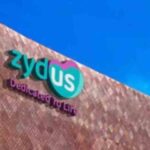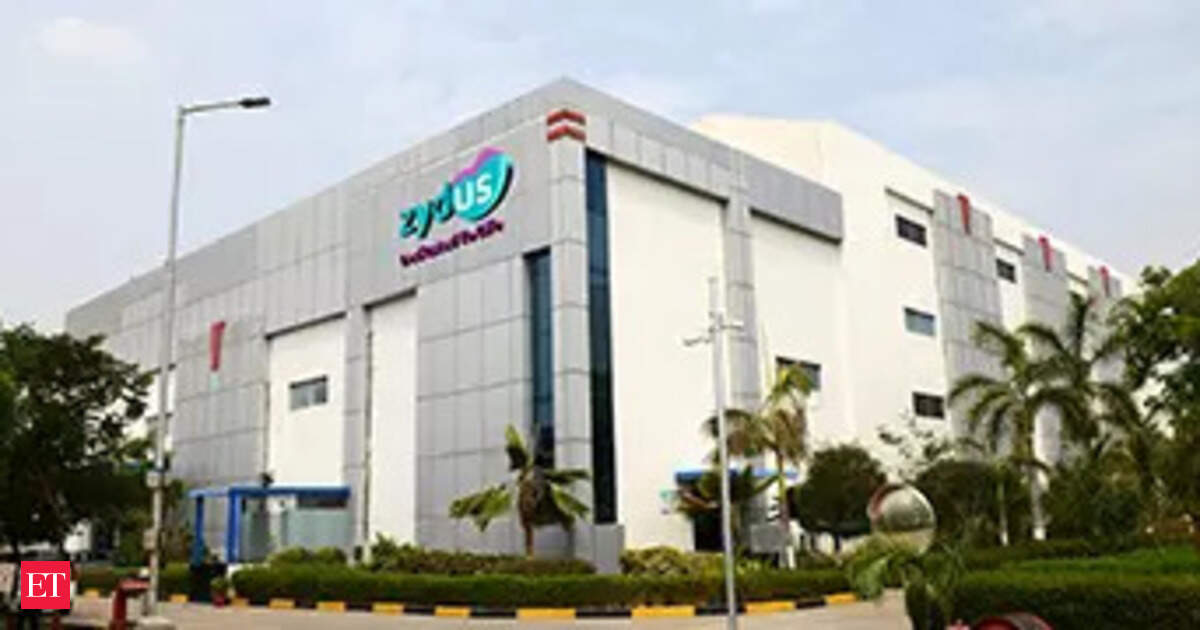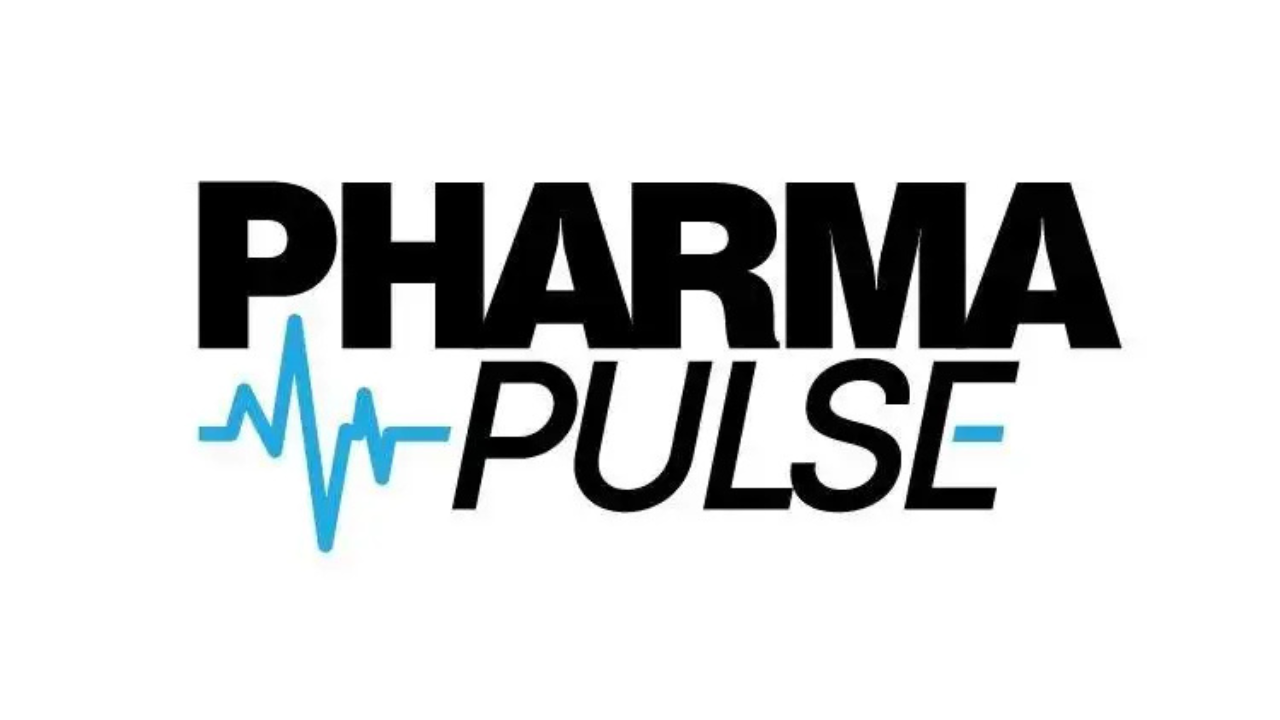
AstraZeneca and Daiichi Sankyo pushed back the readout of their trial of Datroway in triple-negative breast cancer (TNBC) patients ineligible for frontline immunotherapies, but the result has been worth the wait.
The results of the TROPION-Breast02 trial of the TROP2-targeting antibody-drug conjugate (ADC) were originally due to be reported last year, but are now available, and reveal statistically significant improvements in both overall survival (OS) and progression-free survival (PFS).
According to AZ and Daiichi, Datroway (datopotamab deruxtecan) is the first and only therapy to significantly improve OS compared to chemotherapy in this patient population, who can’t be treated with standard PD-1/PD-L1 inhibitor immunotherapies.
That is far from a niche population, as it is estimated that around 70% of patients with metastatic TNBC are not eligible for this type of immunotherapy, because their tumours test negative for the PD-L1 biomarker, for example.
“We expect today’s results will mark an inflection point in the treatment of these patients who have the poorest prognosis of any type of breast cancer and urgently need better options,” said AZ’s head of oncology and haematology R&D, Susan Galbraith.
Gilead’s rival TROP2 ADC Trodelvy (sacituzumab govitecan) already has positive PFS data in this setting from the ASCENT-03 study, but so far has not demonstrated an OS benefit. Meanwhile, BioNTech is also testing its PD-L1xVEGF bispecific pumitamig, with and without chemo, in a similar population in the ROSETTA Breast-01 trial.
Gilead has said it hopes to position Trodelvy as a “backbone treatment” for all patients across first-line metastatic TNBC, based on ASCENT-03 and the accompanying ASCENT-04 study, which tested the drug alongside MSD’s PD-1 inhibitor Keytruda (pembrolizumab) in previously untreated, PD-L1-positive metastatic TNBC.
AZ and Daiichi are also running the TROPION-Breast05 study in PD-1/PD-L1-eligible advanced TNBC patients, with or without AZ’s PD-L1 inhibitor Imfinzi (durvalumab), as well as TROPION-Breast04 and TROPION-Breast03 in neoadjuvant and post-neoadjuvant treatment of earlier-stage TNBC.
Datroway is already FDA-approved for previously treated metastatic HR-positive, HER2-negative breast cancer and for previously treated advanced EGFR-mutated non-small cell lung cancer (NSCLC).
Daiichi originated Datroway and has exclusive ownership of the drug in Japan, but licensed co-development rights in other markets to AZ in 2020 for $1 billion upfront, plus up to $5 billion in regulatory and sales milestones. AZ has previously pinned a $5 billion peak sales target on the ADC.










